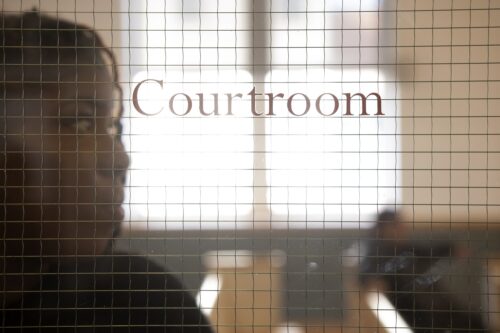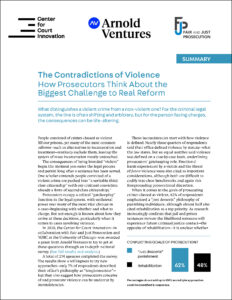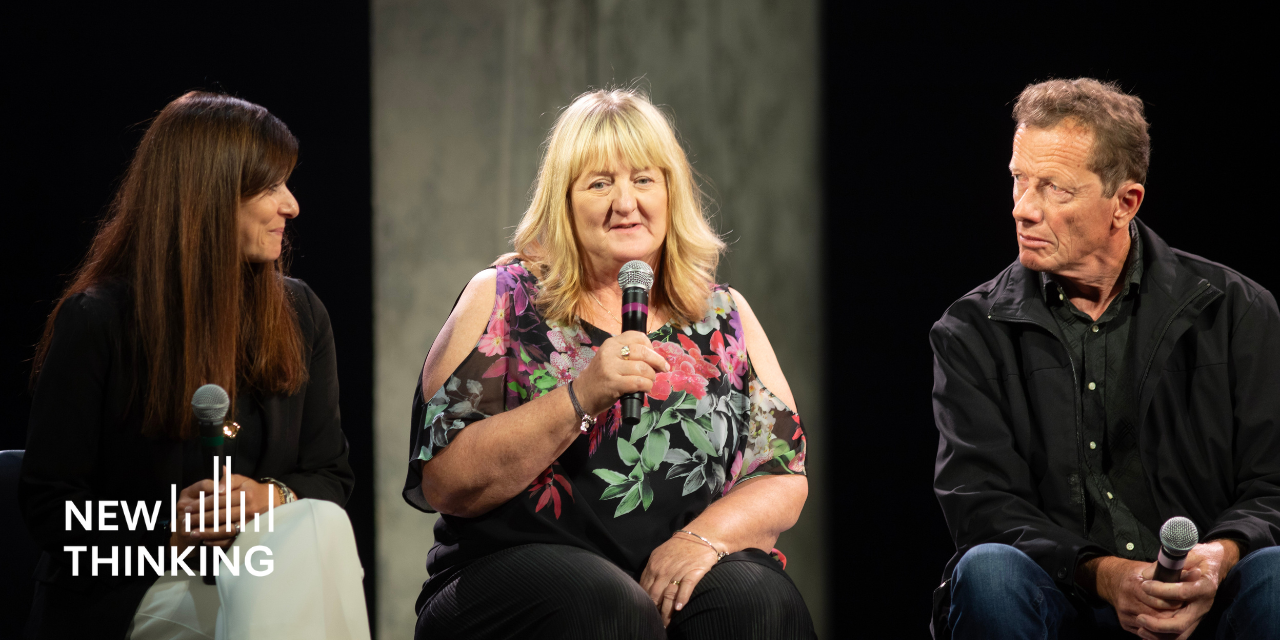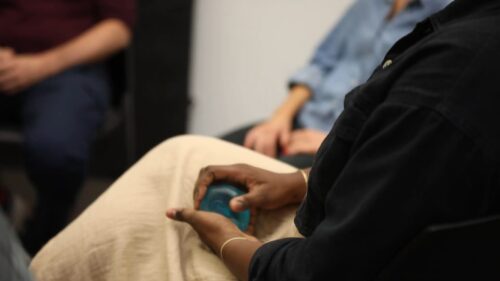-
Jennifer Tallon
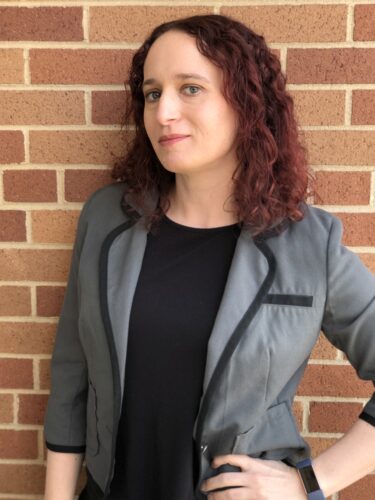
Jennifer Tallon
-
Olivia Dana
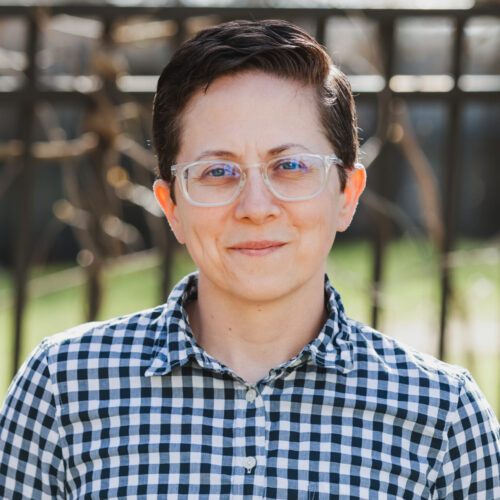
Olivia Dana
-
Elise Jensen

Elise Jensen
For the criminal legal system, the line distinguishing a violent crime from a non-violent one is often shifting and arbitrary, but for the person facing charges the consequences can be life-altering.
Prosecutors make many of the most vital choices in a case unilaterally—including whether and what to charge. But not enough is known about how they arrive at their decisions, particularly in cases involving violence.
The results of our national survey of prosecutor offices indicate an openness to alternatives to “tough-on-crime” approaches. But they also suggest how prosecutors conceive of and prosecute violence can be rife with inconsistences.
Our report concludes with a series of recommendations for prosecutor offices with the goal of shifting status quo thinking on the utility of incarceration and increasing the use of community-based alternatives.
